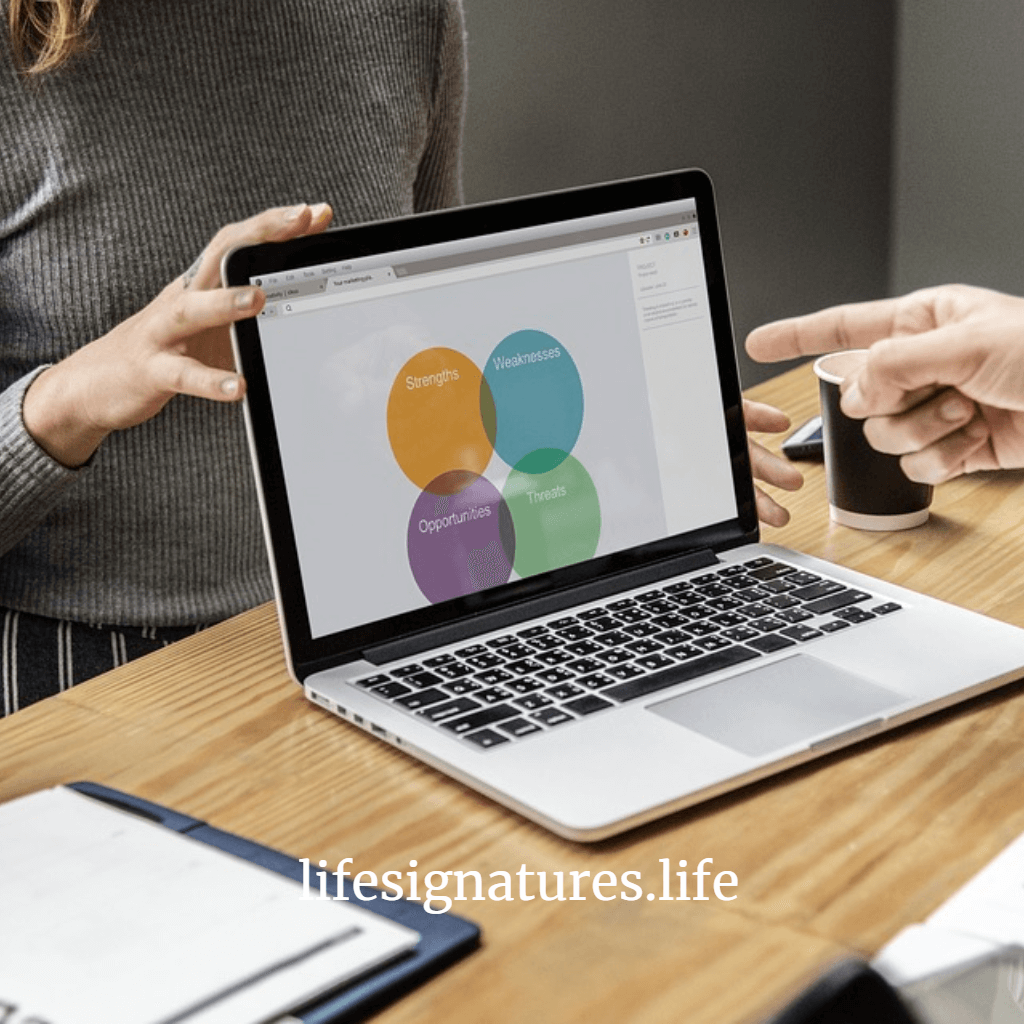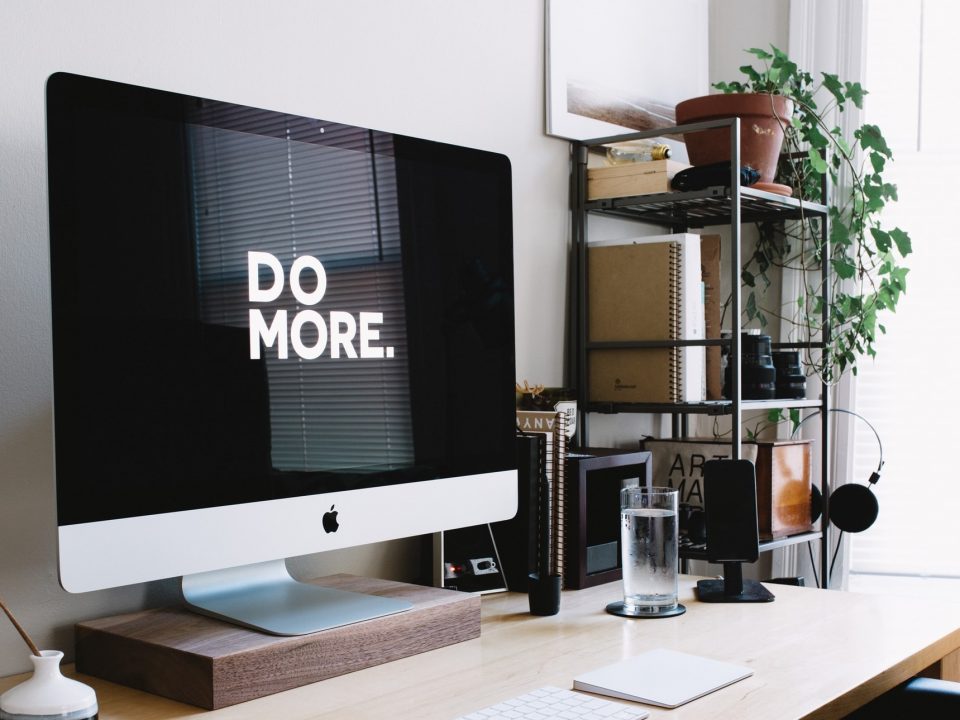A Revolutionary Approach to “Improving Weaknesses”

10 Things Your Boss Expects You To Know About Connections- Part 6
October 4, 2018
6 Recovery Techniques From a Stressful Situation
October 8, 2018T
here is a school of thought that if you dwell so much on improving your weaknesses, you will end up with “strong weaknesses”. There is a lot of merit to that statement, but it is not entirely true. You have probably heard the notion that a chain is only as strong as its weakest link. In other words, there is merit in at least knowing where your weaknesses are and doing something about them. The key is in how you choose to deal with your weaknesses.
SWOT/BOLD
When we are teaching SWOT analysis, we couple it with something else called BOLD. Let me explain. The traditional SWOT analysis is perhaps one of the most powerful tools you can deploy not only for the organization, but even more powerfully, for your self awareness. Self awareness, I believe is the beginning point of any form of success. SWOT of course stands for Strengths, Weaknesses, Opportunities and Threats. We all know that. How about BOLD? It is one thing to know something, but it is quite another to act on your knowledge. Knowledge is not power, it is what you do with the knowledge that gives you the power. Therefore, this is what BOLD stands for:
B-Build On your Strengths: This is self explanatory. After you have indetified what you are good at, it easily follows that your success should literally depend on this.
O-Offset Your Weaknesses: That is an interesting word, “offset”. Not strengthen. In other words, if I am weak at dancing, it will be foolhardy to concentrate on improving my dance moves instead of focusing on sharpening my speaking skills where I am good at. I hope you get the point.
L-Leverage on Your Opportunities: I cannot begin to tell you how I love this part of the SWOT analysis. Chances are that you can form a whole company or a new business line out of this section. Leveraging means that you are using them to your advantage.
D-Defend Against Threats: Again, this is self explanatory. Threats can literally undo every effort that you have built on your strengths. If anything, these are much more potent that your weaknesses.

Focusing On Weaknesses
So the debate though is this: What do we do with our weaknesses? Do we hire someone else to deal with them? Maybe. Probably you should. If you are not good at marketing but you are great at product development, why not focus on product development and get somebody else to focus on marketing? Isn’t that logical? Well it is. The revolutionary part of focusing on your weaknesses is actually born of your focus on your strengths. This is what I mean. Let’s say that your decision is to jog for a particular distance and finish the circuit in a given time frame. You love what you are doing but you almost always never beat your target. Then you discover that there is a niggling back pain at least on your lower back that is making you slow down. Isn’t that a weakness? What if you focused, instead of jogging on stretching and healing your back until you are “good to go?”
Other Examples
- Let’s say your strength is public speaking. Your target is to be the best paid public speaker of all time. However, you are not getting as many invites as you would prefer. Or, you are not being appreciated in the way you start your speeches, or the lack of humor in them. Aren’t those weaknesses in your strengths?
- Perhaps your strength is in writing. Your goal is to be one of the best paid authors in the world. However, your first manuscript was rejected for this and that? Isn’t that some “weakness” that you can work on?
- Maybe your strength is leadership. Your goal is to guide as many people as possible to achieve massive objectives, both personal and organizational. However, you are being criticized for being high handed and impatient. Now, that is some feedback on your weaknesses coming out of your strength.
The Revolution
When you take action in a particular direction, chances are that you will be let down by one thing or another. That is a weakness that can bring you down. Instead of improving that which you are not good at, why not improve that which you must do that is contributing to your overall success? If it is running for example, you know that you can improve your performance if you conditioned your gut in terms of endurance and breathing. Those two things do not come naturally, so you cannot say that you are naturally a good breather. They are weaknesses on the points of your strength. That is what you set out to improve. That is where the revolution is.
Where The Rubber Meets the Road
You have probably heard of great athletes such as Michael Jordan, Ronaldo, Lionel Messi, Tiger Woods and Serena Williams. They train endlessly to “improve their weaknesses”. But wait a minute? How can Serena Williams be “weak” in playing Tennis? Simple. There are several facets of the game. Perhaps it is her serve. Perhaps it is her backhand. Perhaps it is her game on the net, or movement at the back court. If any one of these areas is a weakness, your opponent will use it to exploit you and win the game over you.
Learning From Condoleeza Rice
Therefore, “improving your weaknesses” should be seen in this light, and not in the general light of the SWOT Analysis. Let’s use Serena Williams for example. Am sure she is not a good singer like Celine Dion is. That in life will be her weakness. What should Serena do about that? Absolutely nothing. She shouldn’t even bother to go to music school. That self same thing happened to one Condoleeza Rice. She took music and promptly saw that there were much more talented people in the world than she was. Her name is actually derived from musical terms by her parents who loved music. All her young life, she was wasting her youth in improving her “weakness”. Passion is not necessarily proof of gifting. Ability and capacity is.
Condoleeza switched on to Diplomacy and Education and the rest as they say, is history. So my question to you is this: What kind of weakness are you improving? Think about that.



